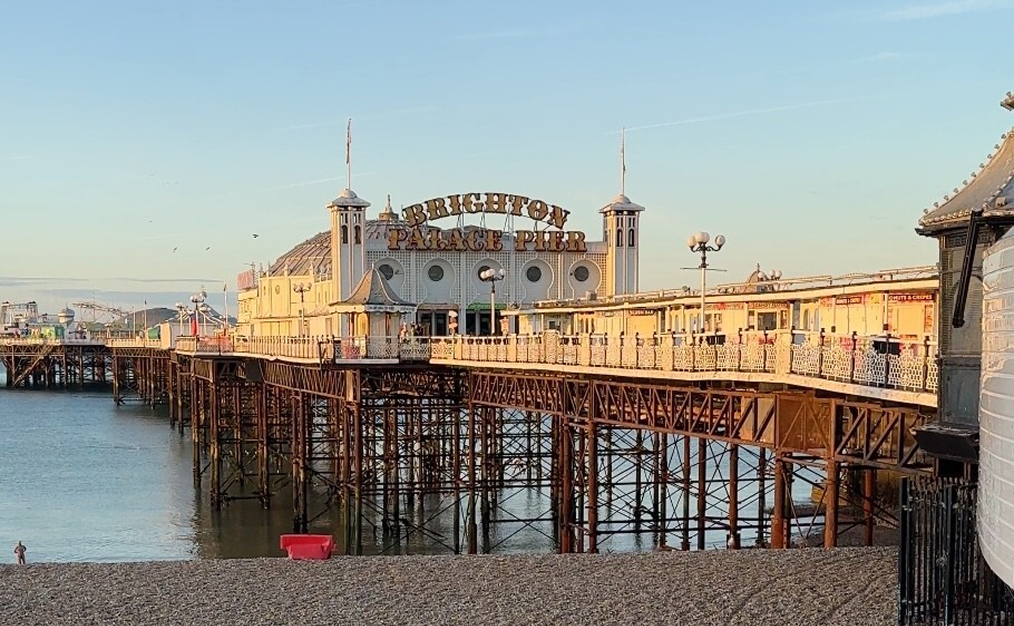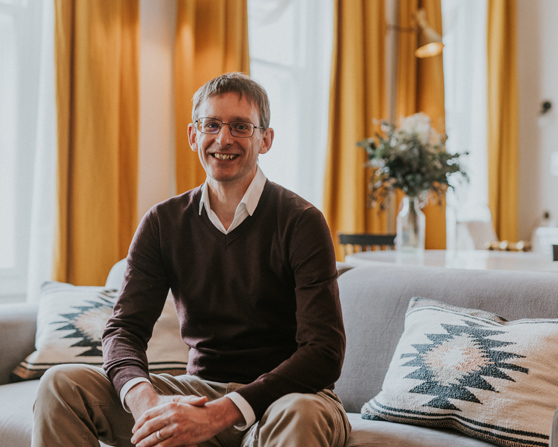Today’s third and final instalment in our ‘Women taking the world by Storm’ mini series features Marcelle Speller OBE. Founder of Holiday Rentals, Local Giving and Brevio. Local giving’s mission is to strengthen UK communities by safeguarding the sustainability of the local voluntary sector. Brevio is a matchmaking service between charities and funders with an aim to save charities £75million a year in admin costs.
Disclaimer: I had the privilege of sitting down with Marcelle (over zoom) to conduct this interview. The text below has been transcribed from our conversation. Some parts have been edited out to shorten the post but I have included all key information.
Meet Marcelle:
I’m going to briefly take you back to back to 1996 when you founded Holiday-Rentals which you were joint MD in for almost 10 years before exiting. Can you give us an overview of your experience in setting up one of the most successful holiday companies in Europe and how you came to the decision to exit?
I co-founded Holiday rentals with my ex-husband. It was one of those things that at the time that seemed like a good idea. We had bought a home and we advertised it in the Sunday Times and nothing happened so we thought “This internet thing is quite fun, maybe we’ll put it on there and one of us can work on it part time”. It wasn’t very sexy at the time, we had business school reunions and I didn’t go for two years. I had gone from being a marketing director from intercontinental hotels, American express etc… And suddenly I was co-founder of an internet company, like, what’s an internet company?! I used to call people and ask them if they’d heard of the internet. It was hard work and it was exciting. I don’t think we realised how ahead of the game we really were. We could see people searching on our website for all of these terms so we knew the longevity of it.
So why did we sell? Well, we got a phone call from some people in the States and they were backed by some venture capital people. We knew they had a war chest of $150million which back then was a lot more money. We looked at it and thought “well if they come into Europe in two years, they’re going to kill us so why not sell to them?” That’s it really, that’s how we came to sell it.
Since exiting Holiday Rentals, your life’s mission seems to be centred around giving back. You completed The Philanthropy Workshop then went on to found Local Giving in 2008. What inspired you to get involved with the third sector?
It’s something that you get from your parents. I think primarily from my mother who was Dutch. She came over here after having a terrible time during the war. She and my father worked really hard but my mother ran the Dutch Consulate in Manchester and there were always miscellaneous strays coming over and that built into the values from my parents that you help other people. We weren’t well off but my mum set an example and I could tell you many stories. So it’s something you get with almost mothers milk. I decided I wanted to do that with what was a good pay out, but not huge by today’s standards. It was more than I knew how to spend. The Dutch have a lovely saying, “You can only eat so many sandwiches in a day”.
I made some mistakes, I found some charities were doing more harm than good. By absolute fluke I went to an event about charities learning to do fundraising and there was this guy who was the director of The Institute of Philanthropy. I said “I have the opposite problem, I want to give my money away, but I want to do it properly”. He said he had just the course for me so I went to the Institute of Philanthropy to do a course.
Wherever we went and whatever we studied, I saw that the people that I really admired were the ones who were on the ground locally. They knew what the problems were and they knew what the solutions were. They just needed support and I’d seen so many people coming in and saying what solutions were before understanding the issues. I decided to work on local charities and at the end of the course we had to give a presentation. I’d decided I didn’t want to work abroad and I looked at charities in the UK. It was 2008 in the financial crisis and grants were going to disappear. They (charities) needed to increase their funding streams but some weren’t registered, which makes them sound bad but not everyone has £5000 to register a charity. Everyone was saying they wanted to do things in the local area that they couldn’t fund and that’s why I set up local giving.
Every industry insider wishes there was something the general public were more aware of. What has been the biggest takeaway from working with the third sector and a piece of wisdom you’d like to impart on our readers that they may not know about, but should factor in whilst being involved in charitable work?
It’s obvious that it’s grant making. The whole system for giving out grants is a mess and that’s what Brevio aims to tackle. Registered charities spend £1.1billion per year in staffing costs alone in filling in applications. The system to apply for universities was set up in 1961. It’s coming up to their 60th anniversary and I’m not talking about anything different than that. It’s just appalling and when people set up foundations they don’t realise that so much of the money they’re donating to charities is being spent doing the applications for other charities.
The proof of the pudding is that with Brevio we’ve already got 1100 charities signed up and we launched in May last year. But I haven’t got one grant maker, and it isn’t through want of trying and talking to them and them saying yes. It will happen and there are two that are listening to us. Not many people go to work for charities because they wanted to fill in application forms with a 66% failure rate.
So that sort of answers my next question. In 2020 you launched Brevio, a project Storm were thrilled to be involved in. What inspired your most recent charitable project and would you like to share any success stories from this?
It was because after six or seven years at local giving, grant applications hadn’t gone away. Local giving was standing on its own feet and in total they’ve raised £32million in small donations which is significant. I was ready for my next project and I had done some research in 2017 and charities were asking for a better system (for grant applications). And in terms of success, we have 1100 charities signed up and we will get some major grant makers and it will be a tipping point. 360 Giving is a great example because people didn’t understand it at first, and now people ask “Well why aren’t you on 360 giving?” And it took them 5 years to get there so it will probably take us that long.
Being awarded an OBE, named in the Sunday Times top 500 most influential people and taking home the title of Philanthropist of the Year. You have received quite a lot of recognition for your work. What do you feel has been the biggest achievement of your career? And please don’t hold back, we’re here to celebrate your successes!
You’ve mentioned it there. An OBE from the Queen. I mean, she is the most amazing woman and I had a two minute chat with her that I’ll never forget. She was 85 at the time and stood there for an hour and a half. I said to her, because I have the house in Ireland, I have a lot of friends there. I’d been to Cork 6 months earlier and it was the year she’d been to Ireland and she’d been a huge success. I said “I’ve just come back from Cork and they’ve still got all these photos proudly displayed of you in the market”. And she said “Oh yes, that nice fish monger!”. She was such a lovely woman and also going to the palace was quite special.
Then there’s Local Giving and we’ve raised a lot of money. We’ve also trained a lot of people as well. When Covid hit last year, there was an infrastructure in place. People could see what they could do locally to help and have been able to identify local charities.
Then when we meet our objective with Brevio we’ll be saving charities £750million a year. In Holland, “If” and “when” are the same word. So it’s about when and we are very close and we’ll make a difference.
And finally, as a woman who has shaken up the travel industry and led impactful changes in the third sector, what does successful leadership look like to you?
I think it’s between having a clear vision, focus, and plan of what you’ve got to do. Then on top of that you’ve got to have empathy and that’s something we’ve learnt a great deal about in the last year. I’ve hired my whole team remotely and I’ve had to recognise their struggles. I don’t need to get involved in their lives but I need to be aware.
I think the planning thing and having a clear focus is key because when things change, you can make a fast reaction. If you haven’t got a plan and Covid hits you, what do you do now? So it’s a mixture of the plan so you can act fast and then having empathy.
My staff have got to trust me, so despite not meeting them when I hired them I’ve had to build that trust.




